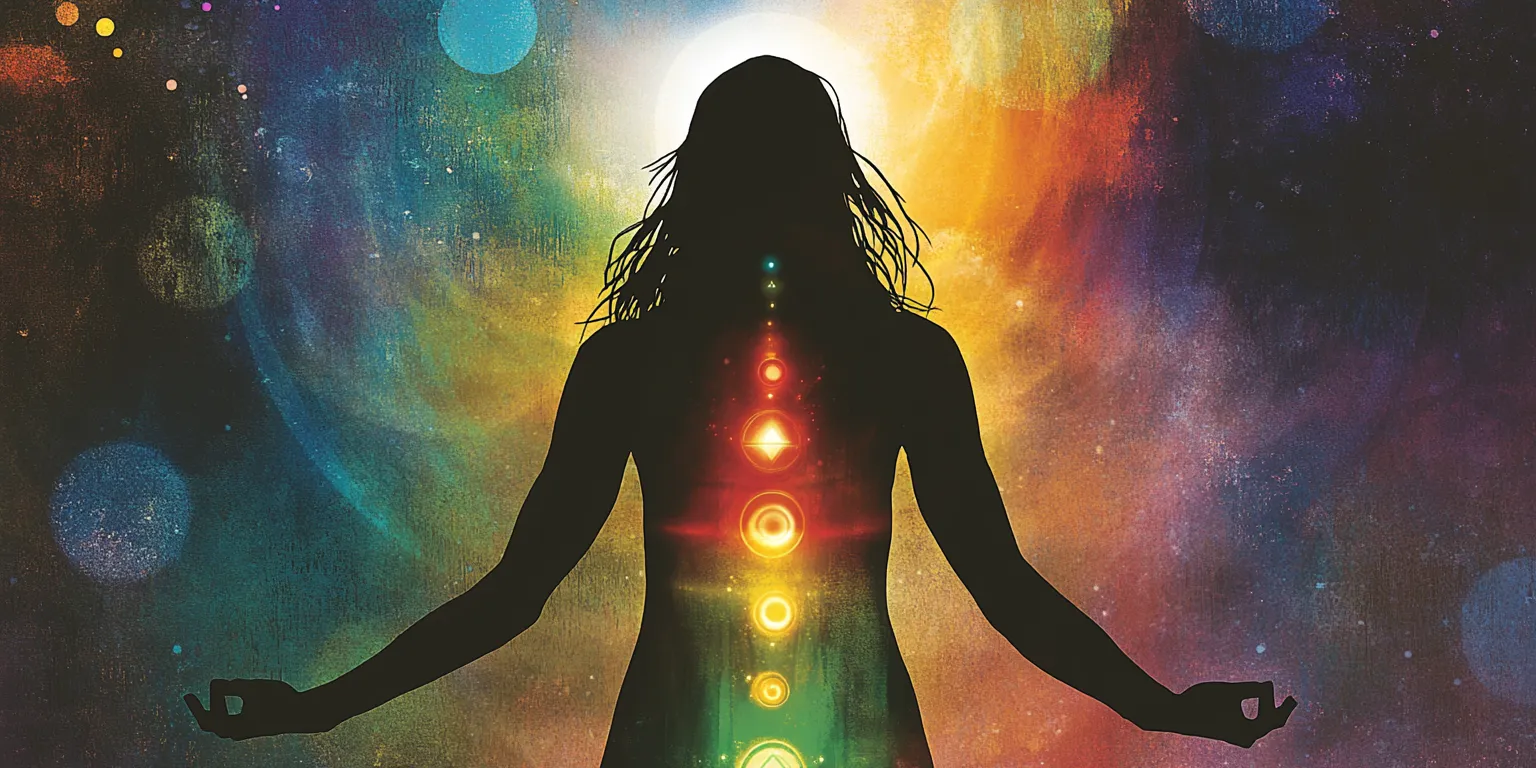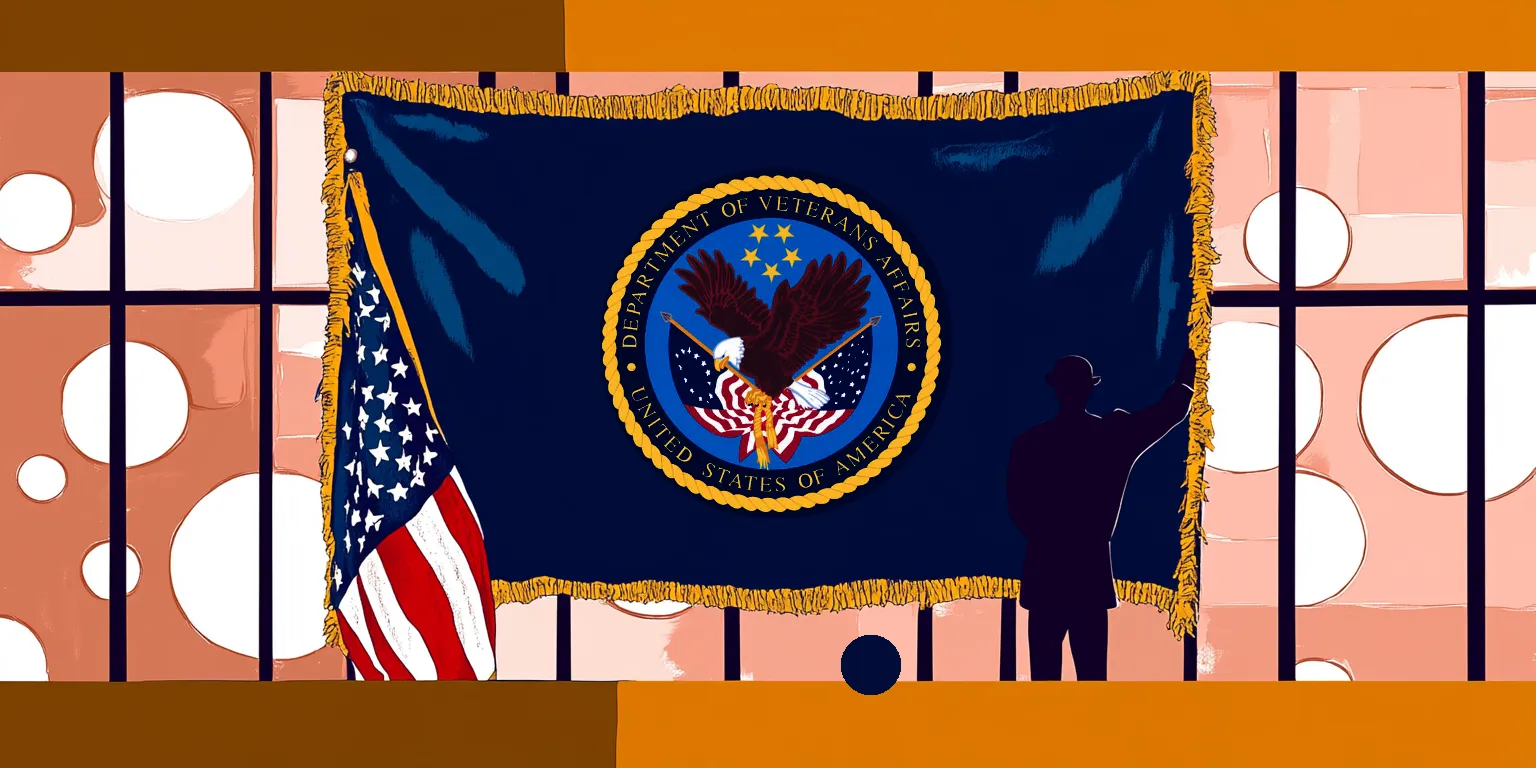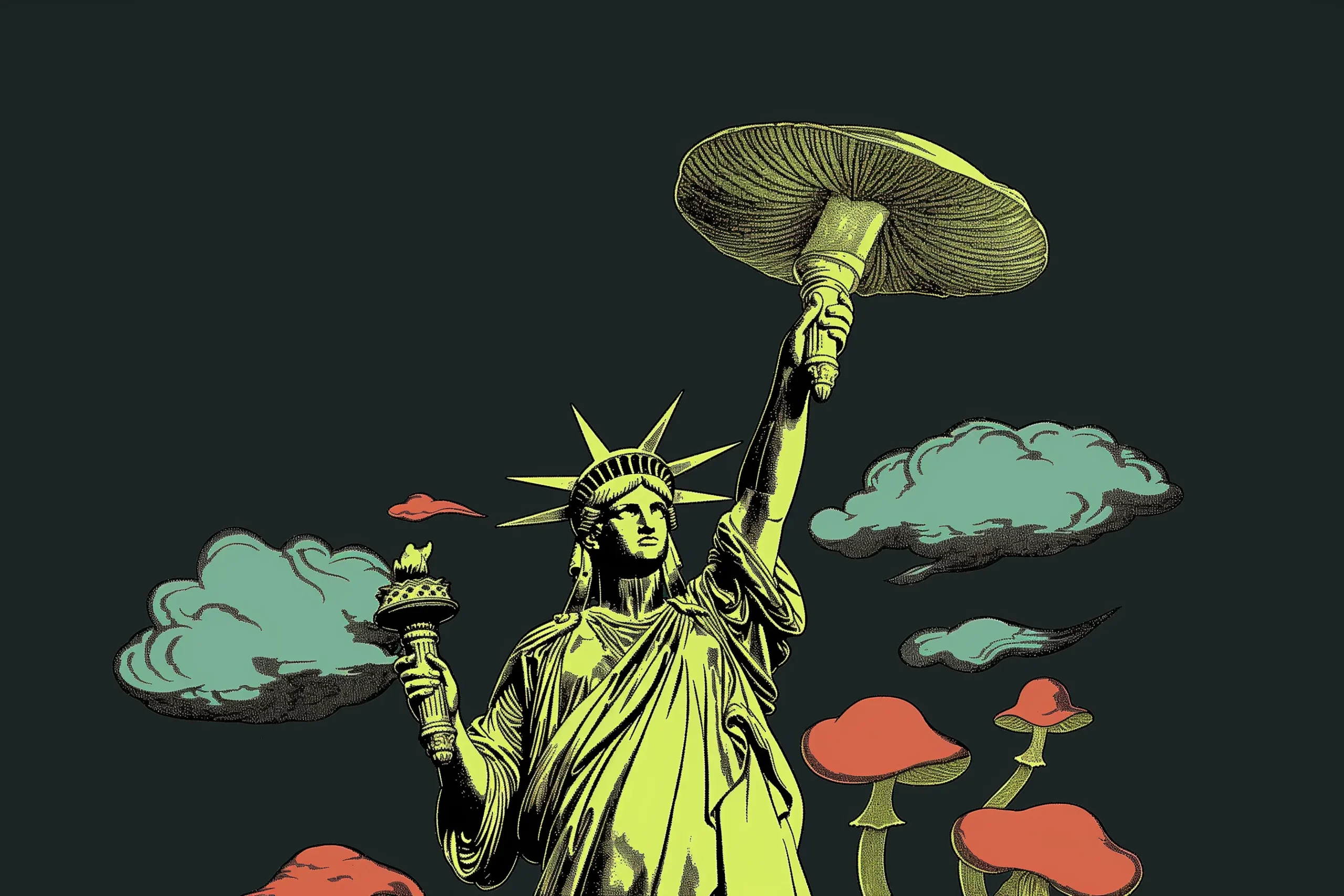In this week’s Psychedelic news roundup, we examine an interesting new study that highlights how single individuals and married or partnered couples experience psychedelics differently. Other news includes the advancement of psychedelic marijuana policy reform in Congress, an Australian study highlighting the potential dangers of using psychedelics in uncontrolled environments, and more.
Marital Status Influences the Psychological Benefits of Psychedelics

Marital status appears to play a significant role in the effectiveness of psychedelic therapies in reducing psychological distress, with single individuals potentially benefiting the most. A recent study analyzed data from the National Survey of Drug Use and Health, exploring the relationship between psychedelic use and psychological distress across different marital statuses. The study, published in PLOS ONE, found that while psychedelic use generally correlates with lower distress levels, this effect was most pronounced among single individuals and less so among those who were married, widowed, or divorced.
The study focused on participants’ past use of classical psychedelics such as LSD, psilocybin, mescaline, and MDMA and assessed their psychological distress using the Kessler Psychological Distress Scale (K10). The research revealed that single people exhibited the strongest association between psychedelic use and reduced distress, suggesting that marital status may influence the therapeutic outcomes of psychedelic substances.
Interestingly, the study also noted higher levels of non-psychedelic drug use and earlier initiation of drinking among divorced individuals, hinting at complex interactions between substance use and marital dynamics. This group showed the highest levels of distress and substance use, which may reflect the challenges associated with divorce, including the potential for unhealthy coping mechanisms.
Keep Up with Uncensored Psychedelic Trends
Join our newsletter at Psychedelics Uncensored.
We respect and protect your privacy. By subscribing your info will be subject to our privacy policy . Unsubscribe easily at any time
The implications of household size were also examined, indicating that larger household sizes generally correlate with increased psychological distress. This effect was especially noticeable in married, widowed, and divorced heads of households, where the responsibilities and pressures of larger families might exacerbate stress levels. Conversely, single individuals using psychedelics seemed to benefit from larger household sizes, possibly due to a diffusion of responsibilities. The study’s findings suggest nuanced dynamics between marital status, household size, and the efficacy of psychedelic therapies, offering valuable insights for tailoring these treatments to individual circumstances.(1)
The Real Risks of Psychedelic Drug Use: A Study on LSD and Psilocybin-Related Deaths

A recent study conducted by the National Drug and Alcohol Research Centre (NDARC), and reported on by Hospital Health, sheds light on the risks associated with the use of LSD and psilocybin, also known as magic mushrooms. The research, which examined autopsy data from the National Coronial Information System, focuses on 43 deaths linked to these substances in Australia between 2000 and 2023. The majority of these deaths, primarily involving young men, were due to traumatic injuries resulting from accidents or self-harm, occurring under the influence in non-clinical, recreational settings.
Professor Shane Darke, the study’s lead author, emphasizes that while psychedelic drug-related deaths are relatively rare compared to total drug exposure, they do present significant risks. The study reveals that a common misconception persists regarding the safety of psychedelic drugs. Darke points out that no drug is without risk, and the community needs to be aware of the potential harms associated with these substances, emphasizing harm reduction and safe use practices. This research is among the few that provide a detailed look into deaths caused by psychedelics, aiming to address the gap in existing literature on the subject.
The findings indicate that intense agitation and disorientation are typical precursors to the tragic outcomes documented. A few individuals experienced severe behavioral changes leading to risky actions or accidents. A minority of cases were noted as intentional self-harm by coroners. In contrast, the majority were seemingly accidental and primarily involved traumatic brain injuries due to vehicle crashes or falls, highlighting the unpredictable nature of drug-induced states and the importance of respecting the setting and mental state when using psychedelics outside of a controlled environment. Some prominent examples include several cases of psychedelic use while driving and the potential dangers of taking high doses in remote locations while hiking or rock climbing.
Keep Up with Psychedelic Trends
Get uncensored psychedelic news, events, and updates. Join Psychedelics Uncensored!
We respect and protect your privacy. By subscribing your info will be subject to our privacy policy . Unsubscribe easily at any time
Furthermore, the study documented rare instances of deaths directly attributed to acute reactions to LSD, which primarily include cardiac events shortly after consumption (heart disease and high blood pressure are both well-known contraindications for psychedelic use). This marks the first such documentation in Australia, although similar cases have been noted internationally. Additionally, there were four cases of sudden death following psilocybin use where no other cause could be identified.(2)
Progress and Politics: Congressional Committee Advances Defense Bill with Marijuana and Psychedelic Provisions

As reported by Marijuana Moment, the GOP-led House Armed Services Committee has approved the 2025 National Defense Authorization Act (NDAA), introducing crucial amendments concerning the use of marijuana and psychedelics among military personnel. This year’s NDAA includes provisions that could transform the military’s approach to these substances.
One of the notable changes proposed in the NDAA is the prohibition of cannabis testing for individuals enlisting in the military. This move aligns with growing national trends toward the legalization and decriminalization of marijuana and acknowledges the changing perceptions regarding its use. Additionally, the bill mandates the Department of Defense (DOD) to provide an update on the progress of clinical trials involving psychedelics initiated under the 2024 NDAA. These trials are focused on exploring the therapeutic potentials of psychedelic substances for treating conditions like PTSD and traumatic brain injuries among active duty military members.
The NDAA also addresses concerns regarding the penalties associated with cannabis-related offenses under the Uniform Code of Military Justice. An amendment requires the DOD to brief Congress on sentencing for these offenses, suggesting a shift towards more lenient and understanding approaches to drug policy in military settings.
The legislation also emphasizes the importance of integrating state-level insights from marijuana programs into federal research, promoting a broader understanding of cannabis effects and regulations. This inclusion highlights the potential for state experiences to inform and improve federal cannabis policies, ensuring that military personnel benefit from well-rounded and evidence-based approaches to drug use. The defense bill, as it stands, promises to open new avenues for research and reform in drug policy within the military.(3)
Seeking Healing in the Jungle: Traumatized Police Officers Turn to Psychedelic Therapies

As reported by the Telegraph, many United Kingdom police officers who find their mental health severely impacted by stress associated with their career field have begun turning to ayahuasca (a potent Amazonian psychedelic brew). Searching for relief, a group of officers has ventured into the Peruvian jungle to explore the therapeutic potential of ayahuasca in a ceremonial setting led by indigenous spiritual leaders. This unusual step reflects a broader trend among those in high-stress professions turning to psychedelic substances as a form of treatment for deep-seated psychological issues.
The officers, including Paul Haylock, a 41-year-old police dog handler from Essex, sought this alternative therapy after conventional treatments failed to alleviate the psychological aftermath of incidents like the 2017 Westminster terror attack (which injured 50 people and resulted in six deaths). These experiences left officers like Haylock struggling with severe anxiety and suicidal thoughts, pushing them to pursue radical solutions outside conventional medical frameworks. The ceremonial use of ayahuasca, which participants describe as a profound and transformative experience, aims to address these deep psychological scars.
Critics might question the safety and efficacy of such unconventional treatments, but the officers’ testimonies speak to significant personal breakthroughs. Participants report experiences of emotional release and a sense of being rewired mentally, which they describe as therapeutic and healing. The narrative shared by these officers sheds light on the profound impact such experiences can have on individuals who have endured significant trauma.
The broader implications of these journeys touch on systemic issues within police forces, including inadequate support for mental health. The narrative highlights a growing recognition within the law enforcement community of the need for better psychological support and the potential role of psychedelics in providing relief. However, it is important to note that in countries like the United Kingdom and the United States, ayahuasca and other psychedelics are widely illegal and inaccessible to the average citizen. This trend of law enforcement officers traveling overseas to receive psychedelic treatments highlights a troubling disparity where everyday people who engage in similar activities may be subject to arrest in their home countries. Yet other individuals (law enforcement and government officials) with means can go to destinations where they can benefit from something they would otherwise be prosecuting.(4)
Integrating Psychedelic-Assisted Therapy within Sexual and Gender Minority Communities
A new study published in the journal Nature explores the troubling lack of LGBTQ+ and gender minority-focused research in psychedelic-assisted therapy (PAT). The study authors note that this omission is concerning given the disproportionately high rates of mental health issues within these groups, driven in part by minority stress—chronic stress faced by individuals from stigmatized social groups. Recognizing the potential of PAT to address these disparities, researchers Brady D. Hanshaw, Mark Fusunyan, Chase T. M. Anderson, and Jack L. Turban propose a novel integration of minority stress theory with psychedelic therapy frameworks.
The authors advocate for a deeper examination of PAT’s effects on minority stress processes and suggest that the integration of minority stress theory could enhance our understanding of how these therapies work. They highlight the need for more inclusive research practices, including focused recruitment efforts to ensure diversity in clinical trials and systematic collection of sexual orientation and gender identity (SOGI) data. Such efforts are essential for validating the efficacy of PAT across diverse populations and understanding its potential mechanisms of action.
Moreover, they discuss the minority stress theory, which delineates the high levels of stress experienced by SGM individuals due to societal stigma and discrimination. This theory suggests that the mental health disparities seen in SGM communities can be attributed to both distal stressors (such as direct discrimination) and proximal stressors (such as internalized stigma). By applying this framework, researchers can explore how PAT might mitigate these stressors by promoting psychological flexibility and reducing the severity of mental health symptoms.
Finally, the authors propose a theoretical framework to guide future studies in this area. They suggest that integrating minority stress theory with existing models of psychedelic action could provide new insights into how these treatments can be tailored to meet the needs of SGM individuals better. This approach not only aims to broaden the applicability of PAT but also to ensure it contributes to reducing health disparities by addressing the unique challenges these communities face.(5)
Sources

1. Marital Status Uniquely Affects Psychedelic Experiences, Study Shows. (2024, May 21). High Times | the Magazine of High Society. https://hightimes.com/study/marital-status-uniquely-affects-psychedelic-experiences-study-shows/amp/
2. Traumatic injury behind majority of LSD, psilocybin-related deaths. (n.d.). Www.hospitalhealth.com.au. Retrieved May 23, 2024, from https://www.hospitalhealth.com.au/content/clinical-services/news/traumatic-injury-behind-majority-lsd-psilocybin-related-deaths-220677275
3. Jaeger, K. (2024, May 23). Congressional Committee Approves Defense Bill With Marijuana And Psychedelics Provisions For Military Service Members. Marijuana Moment. https://www.marijuanamoment.net/congressional-committee-approves-defense-bill-with-marijuana-and-psychedelics-provisions-for-military-service-members/
4. Richardson, N. (2024, May 23). The traumatized police officers flying to Peru to take psychedelics. The Telegraph. https://www.telegraph.co.uk/news/2024/05/23/police-officers-psychedelics-drugs-peru-heroic-hearts/
5. Hanshaw, B. D., Fusunyan, M., Anderson, C. T. M., & Turban, J. L. (2024). Psychedelic-assisted therapy among sexual and gender minority communities. Nature Mental Health, 1–9. https://doi.org/10.1038/s44220-024-00252-y
This material is not intended as a replacement or substitute for any legal or medical advice. Always consult a medical professional about your health needs. Psychedelics are widely illegal in the United States, and readers should always be informed about local, state, and federal regulations regarding psychedelics or other drugs.

 David Connell
David Connell






 Ross Dillon
Ross Dillon 
